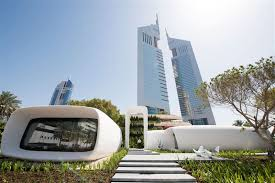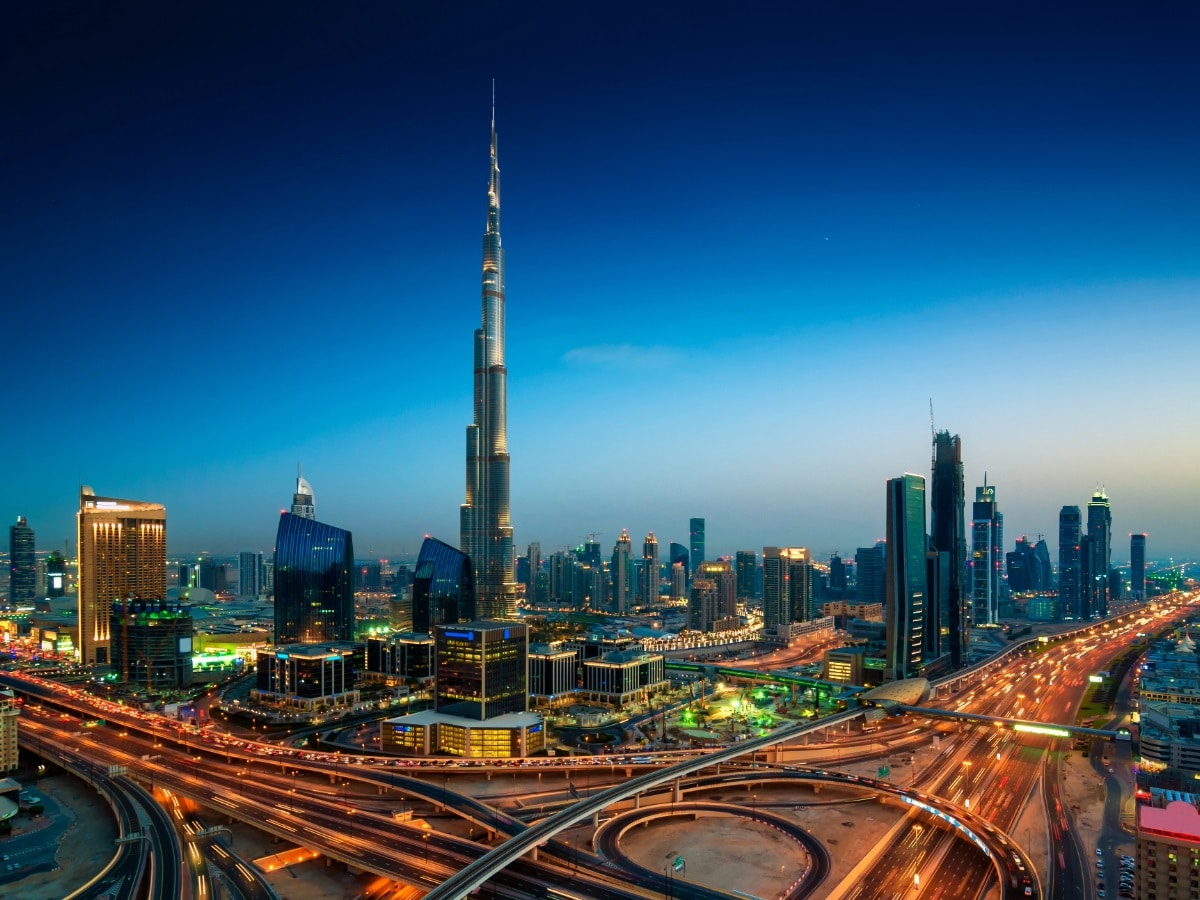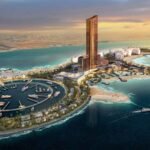Now Reading: “How Dubai’s Smart Buildings Are Changing the Future of Cities 2025”
-
01
“How Dubai’s Smart Buildings Are Changing the Future of Cities 2025”
“How Dubai’s Smart Buildings Are Changing the Future of Cities 2025”
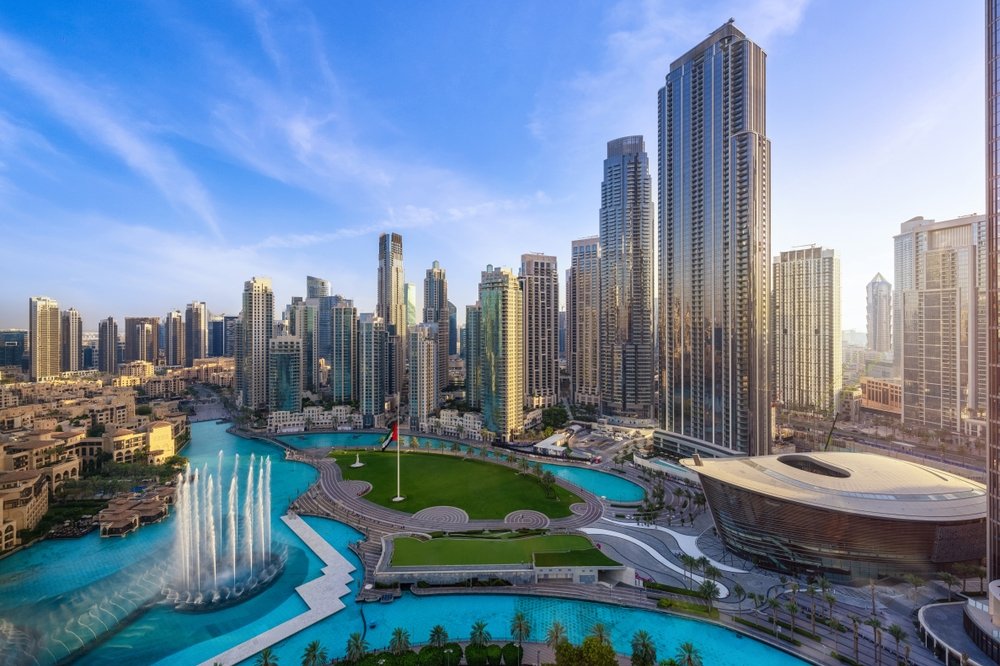
Dubai, a city famous for its skyscrapers and futuristic projects, is now becoming a global leader in smart buildings. These buildings are not just about luxury anymore; they are about technology, energy saving, safety, and comfort. In fact, smart buildings are transforming how people live, work, and play in Dubai.
But what exactly are smart buildings? And why is Dubai focusing so much on them? Let’s find out.
What are Smart Buildings?
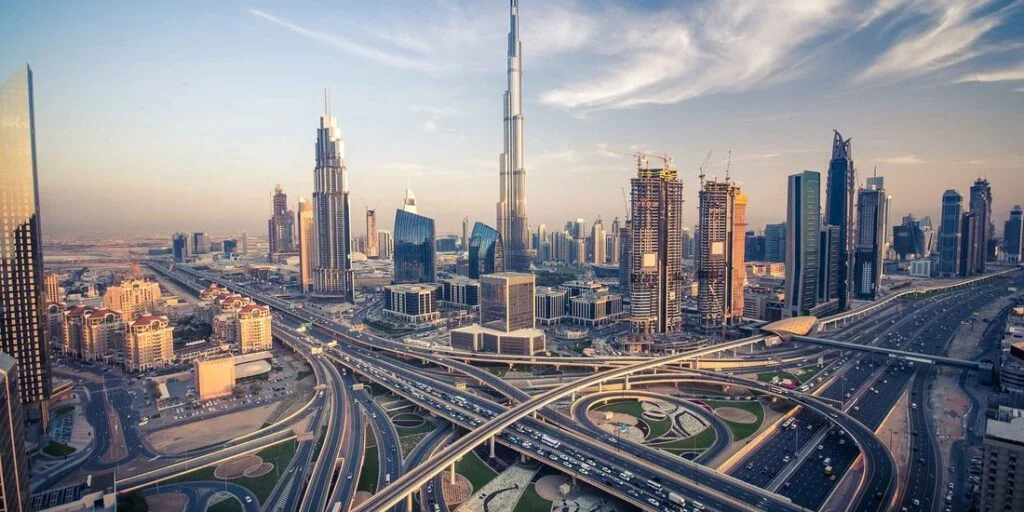
A smart building uses advanced technology to control its operations. This includes air conditioning, heating, lighting, security systems, energy use, and even elevators. These buildings use sensors, the Internet of Things (IoT), artificial intelligence (AI), and data to make decisions without human help.
For example, if no one is in a room, the lights and air conditioning will turn off automatically. Or if the building’s energy use is too high, the system will adjust to save power.
Why is Dubai Investing in Smart Buildings?
Dubai has a vision to become one of the smartest cities in the world. As part of its “Dubai 2040 Urban Master Plan” and “Dubai Smart City” initiative, the government wants to make life easier, safer, and more sustainable for everyone.
One of the biggest reasons for smart buildings is energy saving. Dubai is in a hot desert climate, and air conditioning uses a lot of electricity. Smart buildings help reduce this energy use, which lowers costs and protects the environment.
Another reason is safety and security. Smart buildings use cameras, motion sensors, and AI to detect fires, intruders, or other dangers. They can also alert the police or fire department automatically.
And of course, comfort and convenience are very important. Residents and workers in smart buildings can control lights, temperature, and security from their phones. Some buildings even offer robots that deliver packages or clean common areas.
Examples of Smart Buildings in Dubai
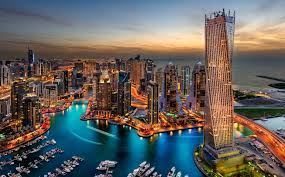
Dubai already has some impressive smart buildings:
- The Museum of the Future
This world-famous building is not only beautiful but also smart. It uses AI and data systems to control energy use, lighting, and climate. It’s also made with environmentally friendly materials. - Burj Khalifa
The world’s tallest tower has smart systems that manage cooling, lighting, and water. This saves energy and gives residents and visitors a comfortable experience. - Sustainable City Dubai
This is a full smart community with houses, offices, and shops designed for low energy use. Solar panels, electric car charging, and recycling systems make this a model for future cities.
The Technology Behind Smart Buildings
So what technology makes these buildings “smart”? Here are some key features:
- Internet of Things (IoT): Small sensors are placed all over the building to collect data. These sensors tell the building when to adjust temperature, light, or security.
- Artificial Intelligence (AI): AI systems learn from the building’s data. They find the best ways to save energy and improve comfort.
- Building Management Systems (BMS): This is the “brain” of the building. It controls and monitors everything in real time.
- Cloud Computing: Data is stored and analyzed in the cloud. This helps improve the building’s performance every day.
Benefits of Smart Buildings for Dubai
- Lower Energy Costs
By using energy only when needed, buildings save a lot of money. - Sustainability
Less energy use means less pollution. This helps Dubai meet its green energy goals. - Better Safety
Smart alarms and sensors can prevent fires, gas leaks, or break-ins. - Improved Comfort
People working or living in smart buildings enjoy better air quality, temperature control, and services. - Higher Property Value
Smart buildings attract more buyers and renters because they offer the latest technology and lower costs.
Challenges in Building Smart Structures
Even with so many benefits, there are some challenges:
- High Initial Costs:
Installing smart systems can be expensive. But in the long run, the savings make up for it. - Cybersecurity Risks:
Since smart buildings are connected to the internet, they can be targets for hackers. Strong security systems are needed to protect them. - Need for Skilled Workers:
Engineers, IT experts, and building managers need special training to manage these buildings.
What’s Next for Dubai’s Smart Buildings?
The future looks bright. The Dubai government plans to make all new buildings smart by 2030. There will be more focus on solar energy, electric cars, and water saving systems.
Also, many old buildings will be updated with smart technology to reduce their energy use.
Dubai’s Expo 2020 showed the world how smart cities can work. Now the city wants to make smart living a part of everyday life for everyone.
Conclusion
Dubai is proving that smart buildings are not just a trend — they are the future. By using technology to save energy, improve safety, and offer more comfort, Dubai is setting an example for cities around the world.
As more smart buildings rise across the skyline, Dubai is turning its bold dreams into reality.
Read More:- Shobha Realty Launches Its Most Luxurious Project Yet—Full Details Inside 2025



